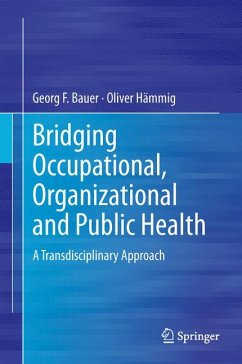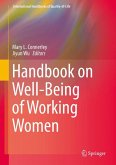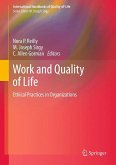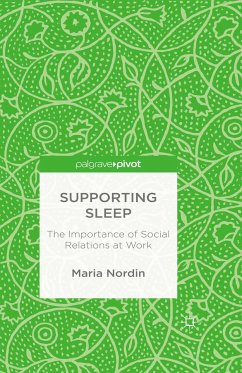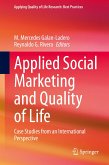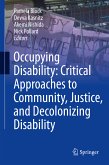Considering the high mental and social demands in a service and knowledge sector economy, the first part of the book focuses on work-related psychosocial factors. As a large proportion of inequalities in health in developed countries can be explained by inequalities in working conditions, those psychosocial factors with a particularly high public health impact are highlighted.
As addressing these psychosocial factors requires to involve the organization as the key change agent, the second part covers approaches to improve public health through organizational level health interventions.
The last section takes a look into the future of occupational, organizational and public health: what are the future challenges regarding occupational health and how can they be tackled within and beyond the organizational level.
Overall, this integrating book will help to broaden the evidence-base, legitimacy and efficacy of occupational- and organizational-level health interventions and thus increase their public health impact.
Dieser Download kann aus rechtlichen Gründen nur mit Rechnungsadresse in A, B, BG, CY, CZ, D, DK, EW, E, FIN, F, GR, HR, H, IRL, I, LT, L, LR, M, NL, PL, P, R, S, SLO, SK ausgeliefert werden.
"The authors seek to integrate a differentiated base of knowledge in the three important areas of occupational, organizational, and public aspects of health. ... The audience varies from academics in public health, engineering, and medicine to a broader audience. ... The audience may include those who study and act upon improving society relative to work stretching along micro-, meso- and macro-scales. This would be my pick for university leaders willing to sponsor large scale debates and dialogue about society's future in terms of work models." (J. Thomas Pierce, Doody's Book Reviews, February, 2014)

